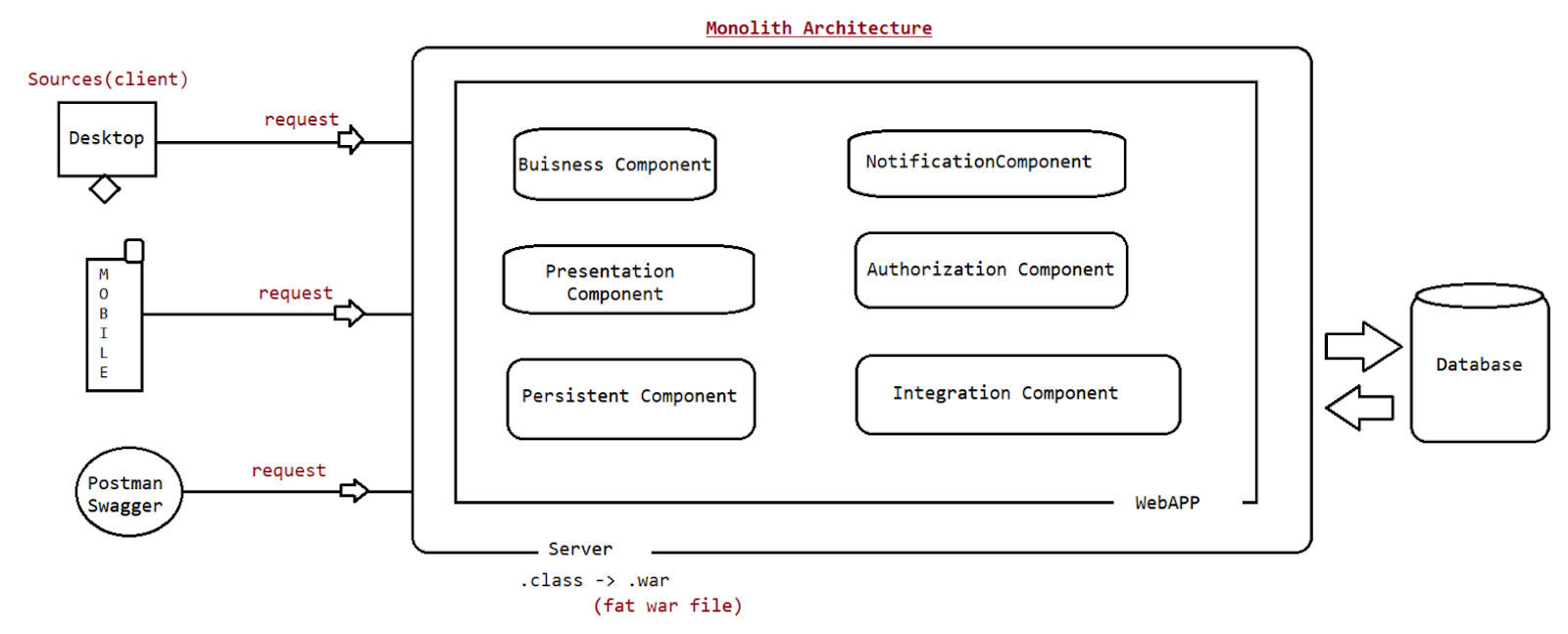JDBC Introduction
Standard Steps followed for developing JDBC(JDBC4.X) Application
=======================================================
1. Load and register the Driver
2. Establish the Connection b/w java application and database
3. Create a Statement Object
4. Send and execute the Query
5. Process the result from ResultSet
6. Close the Connection
Step1:
1. Load and register the Driver
A third party db vendor class which implements java.sql.Driver(I) is called
as "Driver".
This class Object we need to create and register it with JRE to set up JDBC
environment to run jdbc applications.
Note:
public class com.mysql.cj.jdbc.Driver extends
com.mysql.cj.jdbc.NonRegisteringDriver implements java.sql.Driver {
public com.mysql.cj.jdbc.Driver() throws java.sql.SQLException;
static {};
}
In MySQL Jar, Driver class is implementing java.sql.Driver, so Driver class Object
should be created and it should be registered
to set up the JDBC environment inside JRE.
2. Establish the Connection b/w java application and database
public static Connection getConnection(String url, String username,String
password) throws SQLException;
public static Connection getConnection(String url, Properties) throws
SQLException;
public static Connection getConnection(String url) throws SQLException;
The below creates the Object of Connection interface.
Connection connection = DriverManager.getConnection(url,username,password);
|
getConnection(url,username,password) created an object of
class which implements Connection(I)
that class object is collected by Connection(I).
This feature in java refers to
a. Abstraction(hiding internal services)
b. polymorphism(making code run in 1:M forms)
Can we create an Object for Interface?
Answer. no
Can we create an Object for a class which implements interface?
Answer : yes
3. Create a Statement Object
public abstract Statement createStatement() throws SQLException;
public abstract Statement createStatement(int,int) throws SQLException;
public abstract Statement createStatement(int,int,int) throws SQLException;
Statement statement = connection.createStatement();
4. Send and execute the Query
Query
=====
From DB administrator perspective queries are classified into 5 types
1. DDL (Create table,alter table,drop table,..)
2. DML(Insert,update,delete)
3. DQL(select)
4. DCL(alter password,grant access)
5. TCL(commit,rollback,savepoint)
According to java developer perspective, we catergorise queires into 2 types
a. Select Query
b. NonSelect Query
Methods for executing the Query are
a. executeQuery() => for select query we use this method.
b. executeUpdate() => for insert,update and delete query we use this method.
c. execute() => for both select and non-select query we use this method
public abstract ResultSet executeQuery(String sqlSelectQuery) throws SQLException;
String sqlSelectQuery ="select sid,sname,sage,saddr from Student";
ResultSet resultSet = statement.executeQuery(sqlSelectQuery);
5. Process the result from ResultSet
public abstract boolean next() throws java.sql.SQLException;
|=> To check whether next Record
is available or not
returns true if available
otherwise returns false.
System.out.println("SID\tSNAME\tSAGE\tSADDR");
while(resultSet.next()){
Integer id = resultSet.getInt(1);
String name = resultSet.getString(2);
Integer age = resultSet.getInt(3);
String team = resultSet.getString(4);
System.out.println(id+"\t"+name+"\t"+age+"\t"+team);
}
6. Close the Connection
EG#1
Java code to communicate with database and execute select query
=======================================================
import com.mysql.cj.jdbc.Driver;
import java.sql.*;
class TestApp
{
public static void main(String[] args)throws SQLException
{
//Step1. Load and register the Driver
Driver driver = new Driver();//Creating driver object for MySQLDB
DriverManager.registerDriver(driver);
System.out.println("Driver registered succesfully");
//Step2: Establish the connection b/w java and Database
// JDBC URL SYNTAX:: <mainprotocol>:<subprotocol>:<subname>
String url = "jdbc:mysql://localhost:3306/enterprisejavabatch";
String username = "root";
String password = "root123";
Connection connection =
DriverManager.getConnection(url,username,password);
System.out.println("Connection object is created:: " + connection);
// Create a Statement Object
Statement statement = connection.createStatement();
System.out.println("Statement object is created:: " + statement);
//Sending and execute the Query
String sqlSelectQuery ="select sid,sname,sage,saddr from Student";
ResultSet resultSet = statement.executeQuery(sqlSelectQuery);
System.out.println("ResultSet object is created:: " + resultSet);
//Process the result from ResultSet
System.out.println("SID\tSNAME\tSAGE\tSADDR");
while(resultSet.next()){
Integer id = resultSet.getInt(1);
String name = resultSet.getString(2);
Integer age = resultSet.getInt(3);
String team = resultSet.getString(4);
System.out.println(id+"\t"+name+"\t"+age+"\t"+team);
}
//Close the Connection
connection.close();
System.out.println("Closing the connection...");
}
}
Output
D:\JDBCPGMS>javac TestApp.java
D:\JDBCPGMS>java TestApp
Driver registered succesfully
Connection object is created:: com.mysql.cj.jdbc.ConnectionImpl@4e41089d
Statement object is created:: com.mysql.cj.jdbc.StatementImpl@23bb8443
ResultSet object is created:: com.mysql.cj.jdbc.result.ResultSetImpl@7364985f
SID SNAME SAGE SADDR
7 dhoni 41 CSK
10 sachin 49 MI
18 kohli 35 RCB
45 rohith 37 MI
Closing the connection...




Comments
Post a Comment